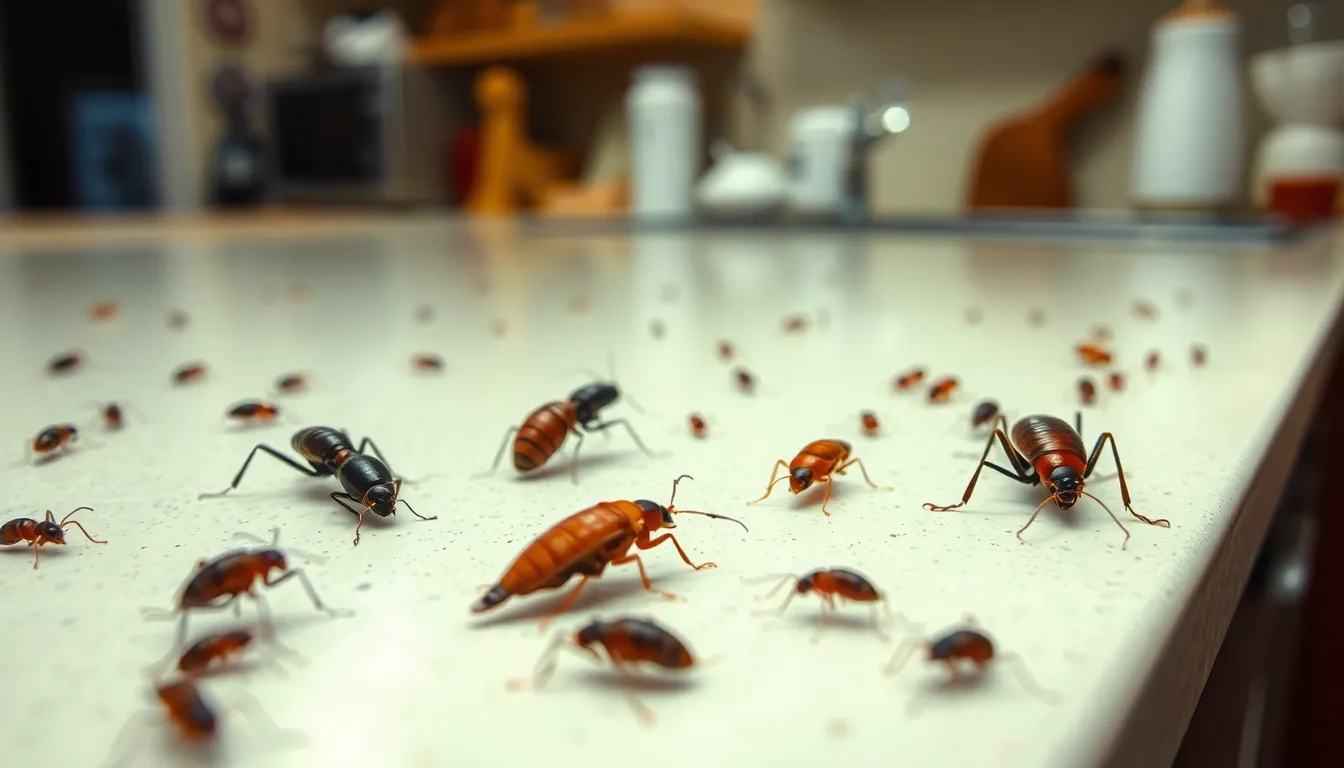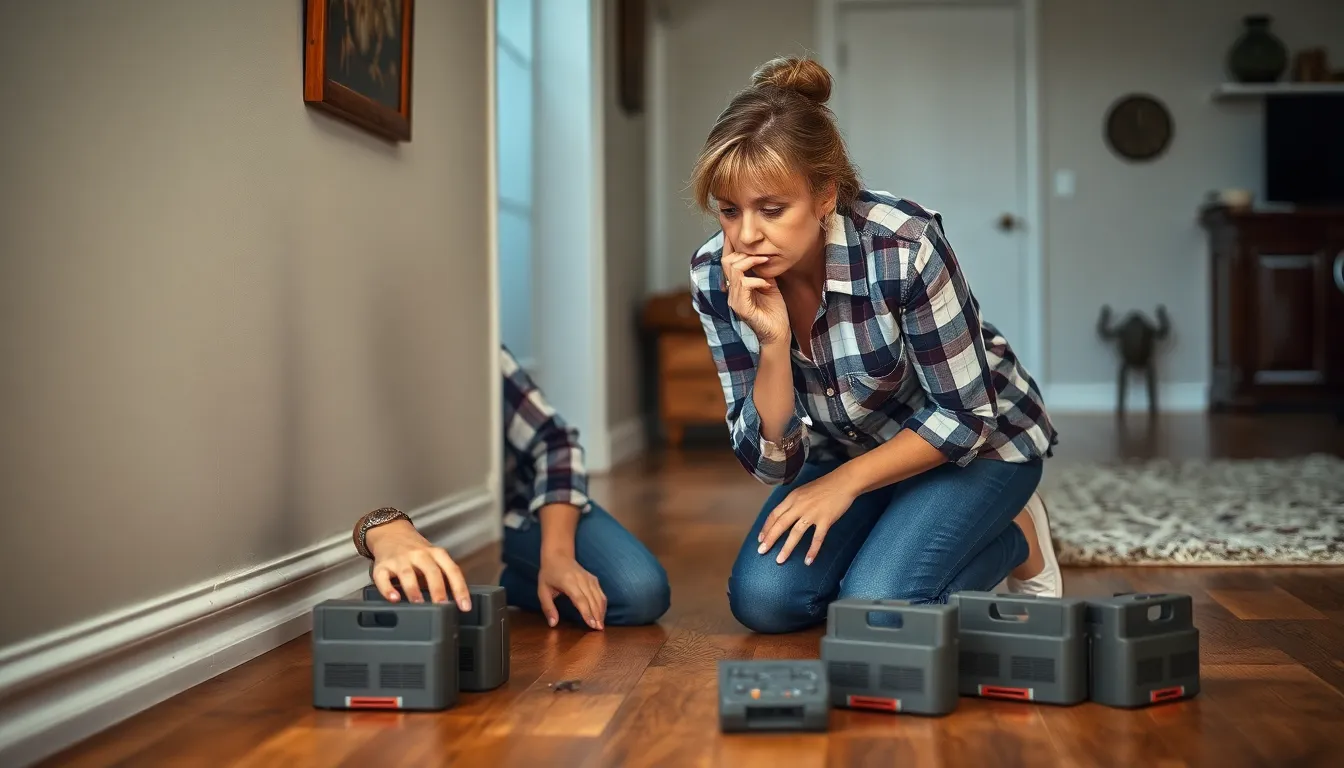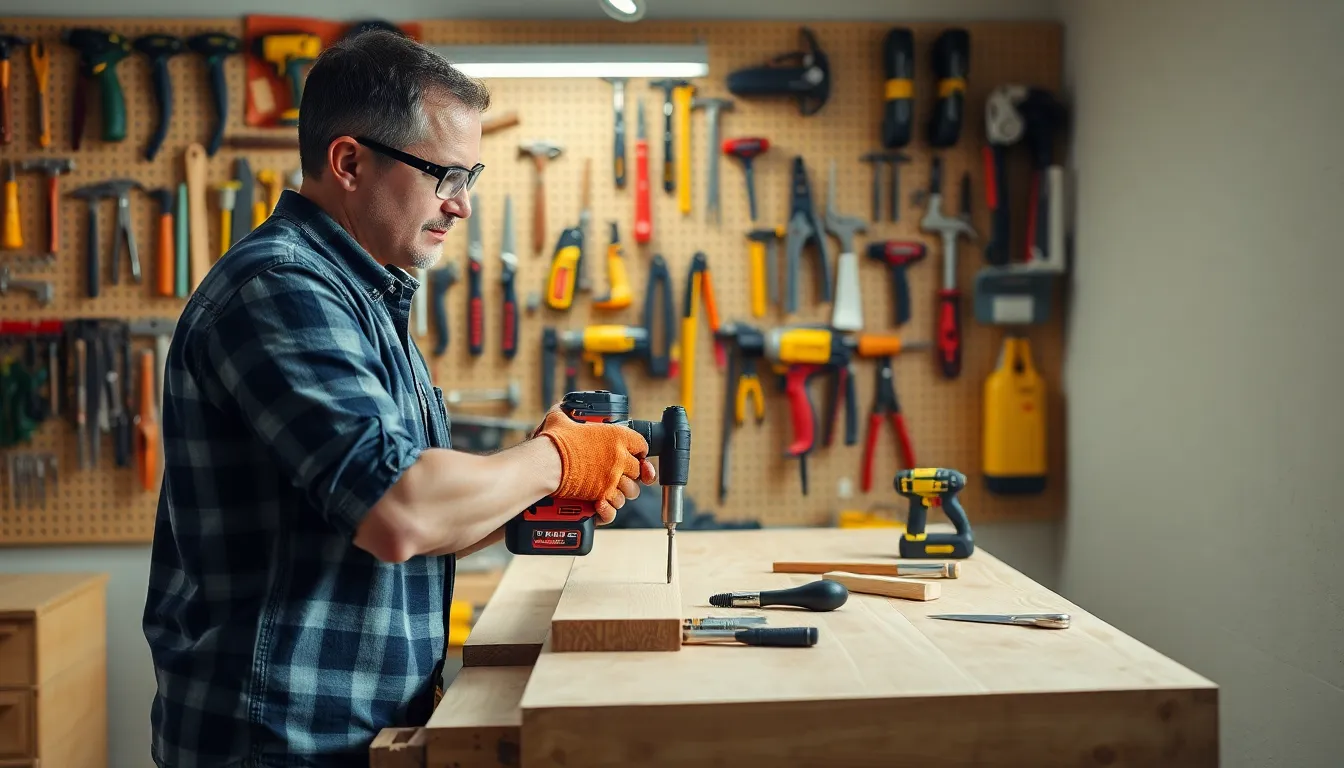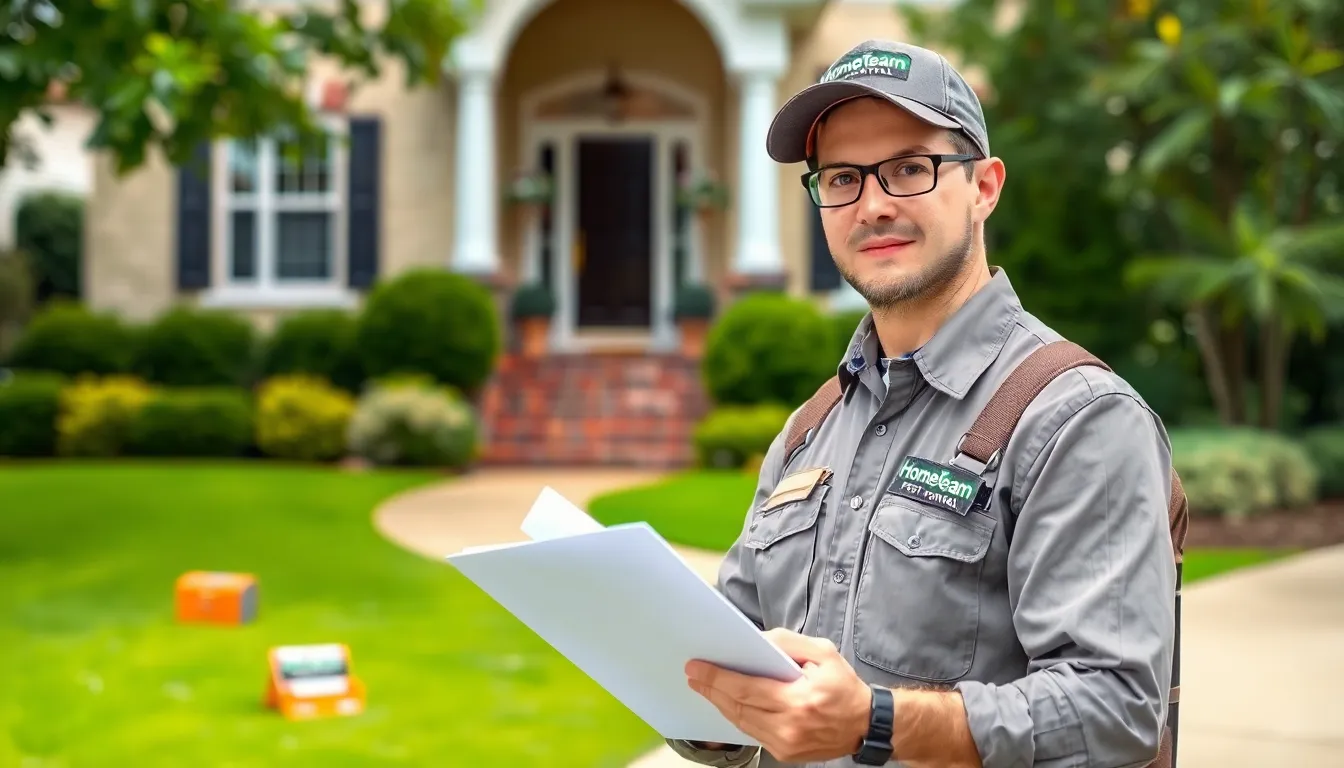Table of Contents
TogglePests can turn a cozy home into a chaotic jungle faster than you can say “uninvited guest.” Whether it’s ants marching through the kitchen or rodents auditioning for a role in your pantry, these little intruders know how to crash a party. But fear not! Pest control isn’t just about wielding a can of spray and hoping for the best. It’s a science, an art, and sometimes, a comedy show featuring your best attempts at keeping your home pest-free.
In a world where pests seem to have a PhD in sneaky infiltration, understanding effective pest control methods is crucial. From natural remedies that’ll make you feel like a green-thumbed superhero to professional services that pack a serious punch, there’s a solution for everyone. Get ready to reclaim your space and enjoy a pest-free environment, because who wants to share their snacks with a family of mice?
Understanding Pest Control
Effective pest control addresses the challenges pests create in homes. A thorough understanding of pests and control methods ensures a healthy living environment.
What Is Pest Control?
Pest control refers to the strategies and practices aimed at managing and eliminating unwanted organisms that invade spaces. Various approaches include chemical treatments, physical barriers, and biological control. People can use these techniques to protect homes from common pests like rodents and insects. Understanding pest behavior also plays a crucial role in effective management.
Importance of Pest Control
Managing pests is vital for several reasons. Pests can pose health risks through the spread of diseases and contamination of food. Effective pest control protects property, as infestations can lead to structural damage. Homeowners appreciate how proper control measures contribute to enhanced comfort in living spaces. Regular pest management maintains a balance in ecosystems, reducing harm to beneficial insects and wildlife.
Common Pests and Their Impact

Pests significantly impact homes and gardens. Understanding these common pests aids in effective control.
Household Pests
Ants invade kitchens, searching for food. Cockroaches hide in dark areas, posing health risks by spreading bacteria. Termites quietly damage wooden structures, leading to costly repairs. Rodents, including mice and rats, contaminate food and can transmit diseases. Bedbugs disrupt sleep by feeding on human blood at night. Each of these pests affects the quality of life and requires immediate attention for eradication.
Garden Pests
Aphids weaken plants by sucking sap, leading to stunted growth. Caterpillars eat leaves, stripping plants of vital nutrients. Snails and slugs create unsightly trails while consuming fragile vegetation. Spider mites spread quickly, causing yellow spots on leaves. Weeds compete with garden plants for resources, hindering their growth and aesthetics. Effective management of these pests protects gardens and ensures healthy, thriving plants.
Methods of Pest Control
Understanding pest control methods empowers homeowners to manage infestations effectively. Various approaches exist, each tailored to specific pest types and situations.
Chemical Pest Control
Chemical pest control employs substances to eliminate unwanted organisms. These products include insecticides, rodenticides, and fungicides that target diverse pests. It’s essential to follow guidelines when using chemicals to ensure safety for humans and pets. Specific products cater to particular pests, such as pyrethroids for insects or anticoagulants for rodents. Homeowners often rely on chemical solutions for quick results, making this method popular despite potential environmental concerns.
Biological Pest Control
Biological pest control utilizes natural predators, parasites, or pathogens to manage pest populations. This method promotes ecological balance by introducing beneficial organisms like ladybugs for aphids or nematodes for soil-borne pests. Homeowners benefit from biologically-based products that minimize harm to the environment while effectively reducing pest numbers. Utilizing this approach fosters sustainable gardening practices and protects biodiversity, offering an appealing alternative to chemical methods.
Mechanical Pest Control
Mechanical pest control involves physical barriers or traps to exclude or capture pests. Techniques include using nets, traps, and exclusion devices that prevent access to homes and gardens. This method provides immediate results without chemicals, making it safe for households with children and pets. Installing traps for rodents or using sticky barriers for crawling insects offers practical solutions. Homeowners appreciate mechanical control for its direct approach to managing pests while minimizing ecological impact.
Choosing the Right Pest Control Strategy
Selecting an effective pest control strategy requires careful consideration and planning. Homeowners must evaluate their specific pest issues and choose methods that suit their needs.
Assessing Your Pest Problem
Identifying the type of pest is the first step in addressing an infestation. Consider signs of damage such as droppings, nests, or holes in walls. Understanding the pest’s life cycle aids in developing a targeted approach. Next, assessing the extent of the infestation will determine the urgency of action. Noting whether the problem is isolated to one area or widespread also influences the chosen strategy. Gathering this information leads to more informed decisions and effective control measures.
Budget Considerations
Budgeting plays a critical role in pest control strategy selection. Homeowners should compare the costs of various methods, including DIY solutions and professional services. Establishing a clear budget helps prioritize spending on immediate needs and long-term prevention. For instance, chemical treatments might offer quick results but can incur higher costs over time. Conversely, biological and mechanical methods typically provide sustainable options that could save money in the long run. Evaluating all financial implications supports a well-rounded approach to pest management.
Effective pest control is essential for maintaining a healthy and comfortable living environment. By understanding the various methods available homeowners can make informed decisions that suit their specific needs. Whether opting for chemical treatments or exploring natural remedies it’s crucial to act swiftly to mitigate the impact of pests on health and property.
Regular assessments and strategic planning ensure that pest issues are addressed before they escalate. Investing in the right pest control solutions not only protects homes and gardens but also contributes to a balanced ecosystem. With the right approach homeowners can reclaim their spaces and enjoy a pest-free lifestyle.





